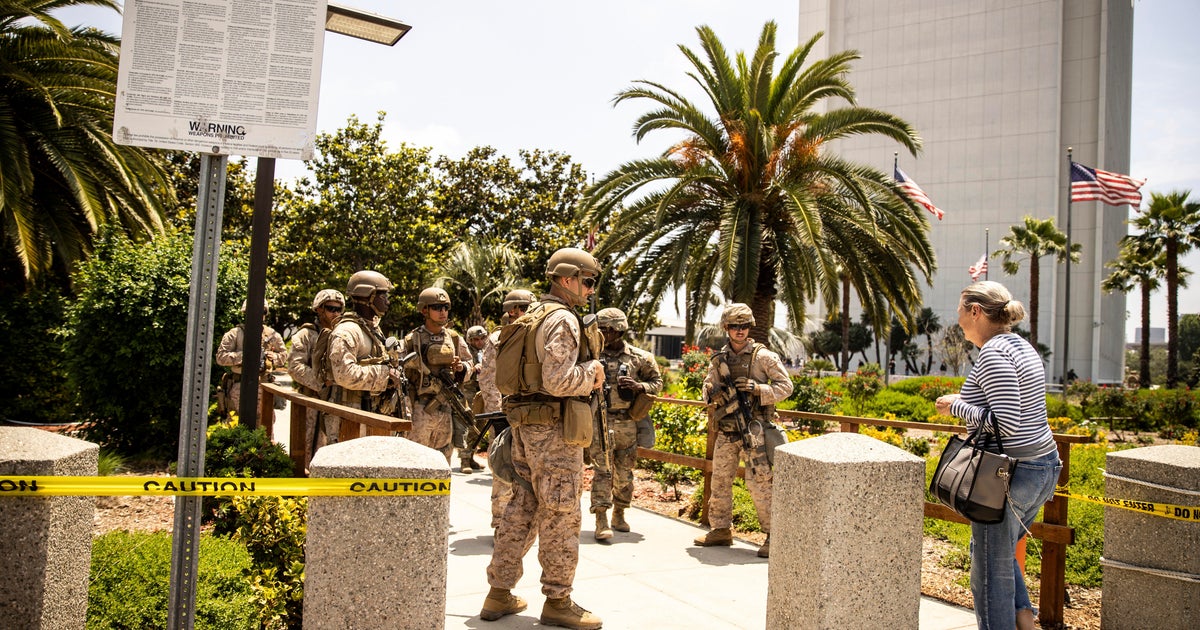Federal Judge Challenges Limits of Presidential Power in National Guard Deployment Trial
Federal Judge Challenges Limits of Presidential Power in National Guard Deployment Trial

A federal court in Los Angeles has concluded the trial concerning President Trump’s controversial deployment of thousands of California National Guard troops to the city earlier this summer. U.S. District Judge Charles Breyer wrapped up proceedings on Wednesday, expressing significant skepticism towards the Justice Department’s arguments regarding the limits of presidential authority and the applicability of the Posse Comitatus Act.
The lawsuit, filed by California Governor Gavin Newsom, challenged Trump’s June deployment of 4,000 California National Guard troops and 700 Marines to Los Angeles, ostensibly to protect federal property amid protests against Immigration and Customs Enforcement operations. Newsom’s legal team sought an injunction to restrict the military’s role, arguing it constituted an “unlawful military crusade” and violated principles of federalism.
Justice Department lawyers contended that the 1878 Posse Comitatus Act, which generally prohibits military involvement in domestic law enforcement, did not apply to the deployment, framing the troops’ role as providing protection rather than enforcing laws. They also argued that there was no legal precedent for Newsom’s lawsuit or for injunctive relief under the act, claiming California had not suffered sufficient harm to sue.
However, Judge Breyer appeared unconvinced, particularly troubled by what he perceived as an apparent “absence of any limits to a national police force” if the DOJ’s stance were accepted. He questioned the department’s assertion that his court lacked jurisdiction to issue an injunction against the president and highlighted the inconsistency with prior testimony that the troops were trained to adhere to the Posse Comitatus Act. Breyer also pressed the DOJ on the continued presence of National Guard members in Los Angeles and the lack of a clear ongoing threat.
California’s Deputy Attorney General Meghan Strong countered, emphasizing that the federal government was engaged in “unprecedented conduct” and had even attempted to retroactively justify actions through a “constitutional exception” memo. Legal experts, like Professor Josh Kastenberg, noted that while the law might favor Governor Newsom, courts often show deference to presidential military command.
Judge Breyer concluded the trial without setting a timeline for his ruling, stating he would decide the case “as soon as I can.” The outcome of this case could significantly impact the scope of presidential power in deploying military forces domestically.
Disclaimer: This content is aggregated from public sources online. Please verify information independently. If you believe your rights have been infringed, contact us for removal.